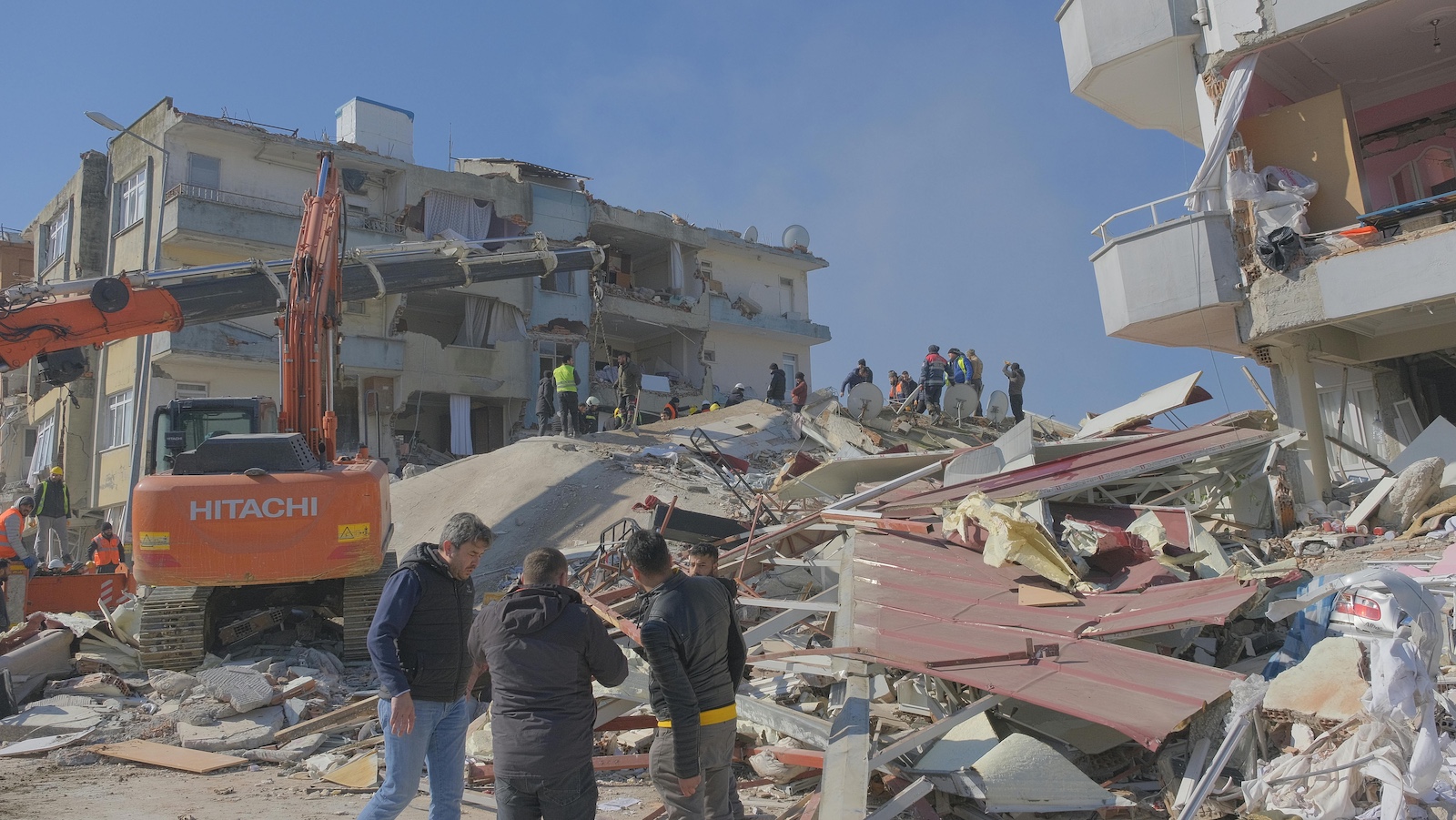Venue insurance is an essential safeguard in the complex world of event hosting, where uncertainties loom large. Yet many agents shy away from this particular specialization in favor of more straightforward, less specialized products where the risks and liabilities are more predictable and manageable.
Together with my wife, I own Appalachian Rose Farm, an all-inclusive wedding venue in Kentucky's scenic Red River Gorge. Couple that with my several years of experience in the insurance sector, and I understand the unique challenges this industry faces from the perspectives of both venue owner and insurance agent.
Drawing on my personal experiences, I hope this article encourages agents to pursue this specialization and arms them with the knowledge needed to help them confidently embrace the dynamic and potentially rewarding field of venue insurance.
Understanding the Unique Needs of Venue Owners
Venues, ranging from event halls and theaters to sports arenas and conference centers, come with a distinct set of risk factors. Owners of such properties must contend with physical risks like fire and structural damage, liability risks from accidents and injuries during events and business interruption risks that could temporarily halt operations. Recognizing the diverse challenges faced by different types of venues is the first step for insurance agents looking to specialize in this sector.
See also: How Sports Are Insured
Key Insurance Policies
Venue owners face a variety of risks due to the nature of their business, which typically involves hosting public events. These risks can have significant financial implications. To mitigate these risks, specific types of insurance policies are essential.
Venues are substantial investments, and damages from fire, natural disasters, vandalism or other causes can be costly to repair, so venues need property insurance to help ensure that the physical structure and contents are protected.
Given the public nature of events at venues, liability insurance is also crucial. This includes:
- General Liability Insurance: This protects the venue owner from financial loss due to injuries or property damage suffered by third parties within the property.
- Public Liability Insurance: Similar to general liability, this focuses on injuries or damages incurred by members of the public when they use the venue.
- Commercial Umbrella Insurance: This provides additional coverage beyond the limits of other liability policies, offering extra security in cases of particularly large claims.
- Event Cancellation Insurance: Events may need to be canceled or postponed due to unforeseen circumstances like extreme weather or key participants being unable to attend. Event cancellation insurance helps cover the loss of income and other non-refundable expenses, which can be significant, especially if the event was expected to generate substantial revenue.
- Business Interruption Insurance: If a venue must close temporarily due to damage from a covered loss, business interruption insurance compensates for the lost income during the closure. This is vital for maintaining cash flow and meeting continuing financial obligations such as payroll and loans.
- Workers' Compensation: This is a mandatory insurance in many places that covers medical costs and a portion of the wages for employees who get injured on the job. It also limits the liability of the employer in case of workplace injuries or illnesses, which is vitally important in an industry with significant physical labor and interaction.
- Fidelity Bonds (also known as Employee Dishonesty Insurance): Particularly significant for businesses where employees handle cash or valuable goods, this protects the venue from financial losses caused by fraudulent acts committed by employees, such as theft of money or property.
- Employment Practices Liability Insurance (EPLI): Common claims covered by EPLI are allegations of discrimination, wrongful termination, harassment and other employment-related issues. This provides protection from claims by those who believe their legal rights as employees were violated.
- Specialized Coverage/Weather Insurance: For venues hosting outdoor events, weather insurance is critical. It compensates the venue owner for losses due to adverse weather.
These insurance policies collectively address the broad spectrum of risks associated with venue ownership and operation, ensuring that venue owners are protected financially from a range of potential scenarios that could otherwise jeopardize their business.
Challenges in Insuring Venues
Insuring venues is fraught with challenges such as assessing and pricing risks accurately due to the unique nature of each venue. The need for customized policies that reflect the specific characteristics and needs of each venue is paramount. Moreover, the claims process can be complex, requiring careful management and fair resolution practices.
Best Practices for Agents
To effectively serve venue owners, insurance agents must embrace a set of best practices that go beyond the basics of policy selling. These practices not only enhance the agents' professionalism but ensure they provide the highest level of service to their clients.
Conducting a thorough risk assessments is the first step. Understand that each venue has its own set of risks and challenges, shaped by its location, type of events hosted and structural peculiarities. By thoroughly evaluating these factors, agents can identify potential liabilities and craft insurance solutions that are not just generic but meticulously tailored to mitigate specific vulnerabilities. This approach ensures that venue owners are not just buying insurance but are investing in a safety net customized to their particular needs.
Every agent knows the heart of insurance lies in relationship-building. Those who are successful make it a priority to forge genuine connections with venue owners. This is characterized by open communication and an earnest effort to understand the specific requirements and concerns of each venue. By asking the right questions and listening, agents can gain insights into the venue owner's vision and challenges, facilitating a partnership that extends beyond provider and client to allies in business success.
The landscape of venue management and the associated risks are not static; they evolve with changes in regulations, technological advancements and shifting market dynamics. An informed agent is an empowered agent. Staying abreast of industry trends and changes is key. Whether it's new fire safety regulations that affect venue compliance, advancements in event technology that introduce new risks or changes in public liability standards, knowledgeable agents can adjust policies to shield venue owners from emerging risks before they become problematic.
Insurance agents specializing in venue insurance should also look beyond their immediate industry. Networking with professionals like event planners, caterers and other service providers can give agents a broader perspective of the event industry landscape. These relationships are invaluable for understanding the full spectrum of activities and services associated with venues, which in turn enhances an agent's ability to advise on and service a comprehensive insurance plan. And such networking can lead to strategic partnerships that benefit all parties.
By integrating these practices into daily operations, agents not only elevate their service offerings but also position themselves as indispensable advisers in the venue insurance market. These practical steps also emphasize a philosophy of engagement, something I have found defines the most successful agents no matter the specialization.
See also: Risk Management Strategies for Agribusinesses
Enhancing Your Repertoire
Agents looking to specialize in venue insurance should consider pursuing targeted education and certifications that enhance their understanding of this niche market. Additionally, implementing targeted marketing strategies is crucial for attracting venue owners and showcasing the benefits of specialized insurance services. These strategies can help agents communicate the unique value they bring to the table while appealing directly to the needs and concerns of venue owners.
Navigating the complexities of venue insurance requires a specialized approach that addresses the unique risks associated with different types of venues. Through targeted education, comprehensive risk assessments and strategic marketing, insurance agents can not only meet the specific needs of venue owners but also distinguish themselves in a competitive market. By investing in building their own expertise and strong relationships with venue owners, agents can provide the necessary safeguards that ensure these businesses thrive despite the uncertainties they face.
An agent's dedication to understanding and managing the complexities of venue insurance can result in long-term success for both the agent and their clients. This commitment helps to ensure the highest level of protection for the memorable events that venue owners work so hard to create.







